Developmental Psychology: main theories and authors
The theories of the psychological development of the child pay attention to how they grow and develop throughout childhood in different areas: social, emotional and cognitive.
Many researchers have focused on learning more about this stage of life, and the results of a wide range of studies in the fields of Anthropology, medicine, sociology, education and, of course, developmental psychology, have highlighted the importance of childhood in the formation of the intelligence, the personality and the social behavior.
Psychological theories of childhood development
Psychologists like Sigmund Freud, Erik erikson, Jean piaget or Lev vygotsky they have tried to explain the different aspects through their theories. And although not all are fully accepted today, the influence of his perspectives have been of great help to understand how children grow, think and behave.
The following are some of the many child development theories that have been proposed by theorists and researchers.
1. Sigmund Freud's Theory of Psychosexual Development
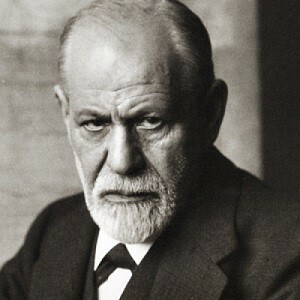
Freud is considered the father of Psychoanalysis. The psychoanalytic theory of child development it tends to focus on such things as the unconscious, drives, and ego formation. Although his proposals do not enjoy great popularity today, few doubt the importance that childhood events and experiences have in the future development of the child.
According to Freud, the development of the child is described as a series of psychosexual stages: oral, anal, phallic, latency and genital. Now, this conception of the development of the mind and personality is the daughter of his time, and is currently out of date.
To learn more about this theory, in this article we explain it in detail: "Sigmund Freud: life and work of the famous psychoanalyst”.
2. Erikson's Theory of Psychosocial Development
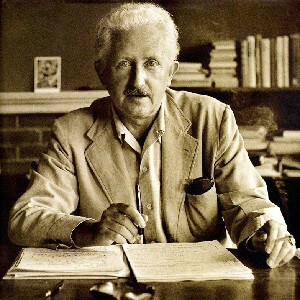
The Erikson's Theory of Psychosocial Development (By clicking on the link you can access a magnificent summary prepared by the psychologist Bertrand Regader) it is one of the most widespread and accepted theories in Developmental Psychology. It is also a psychoanalytic theory, and this theorist, like Freud, proposed that there are different stages of development.
Erikson thinks that the resolution of the different stages leads to the acquisition of a series of competencies that help to solve the goals that will be presented during the next life stage. In this way psychological growth occurs.
For example, the main conflict during the period from 6 to 12 years, called Industriousness vs. Inferiority, implies the domain of social experience. At this stage the child begins his preschool and school instruction, and is eager to do things together with others, to share tasks, etc. If the child does not manage to overcome this stage in the appropriate way, that is, if he feels inferior, this will negatively affect his general functioning.
3. Jean Piaget's Theory of Learning
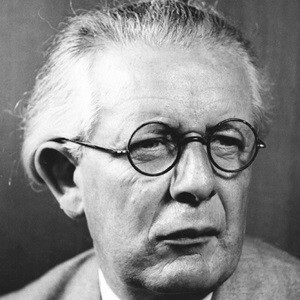
The Swiss psychologist Jean Piaget, considered the father of constructivism, he suggested that children's cognitive development occurs following a series of stages. He observed that the little ones play an active role in obtaining knowledge of the world, that is, he considered them "little scientists" who actively build their knowledge and understanding of the world, yes, through mental norms that differ qualitatively from those used by people adults.
Piaget's ideas are no longer valid as he formulated them, but this is one of the most important development theories, and in fact it is considered that it laid the foundations of what today is known as Developmental Psychology.
You can learn more about his theory in this article: "Jean Piaget's Theory of Learning”. If what you want is to delve into the different stages that the Swiss theorist proposed, this other article will be of great help: "Jean Piaget's 4 stages of cognitive development”.
4. Sociocultural Theory of Lev Vygotsky
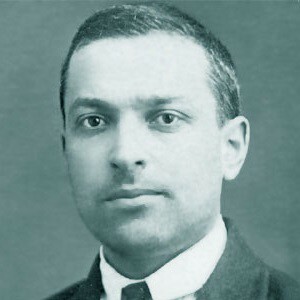
Another psychologist named Lev Vygotsky proposed a theory of the cognitive development of children that has become one of the most influential and important theories, especially in the field of education and learning.
Like Piaget, Vygotsky is a constructivist psychologist, and he believed that children learn actively and through practical experiences. Now, unlike Piaget who explains that knowledge is constructed individually, Vygotsky concludes that learning is built through social interactions, with the support of someone more expert.
Thus, according to this theory of psychological development, the social context is part of the process of cognitive development, and cannot be considered something external that only "influences". The very use of language, for example, is both collective and individual, and allows the great higher cognitive abilities appear, based on the development of highly abstract.
Vygotsky was important in order to understand the Collaborative learning and to learn more about the influence of the sociocultural environment on the cognitive development of children.
To delve into this interesting theory, you just have to click here: "Vygotsky's Sociocultural Theory”.
5. Behavioral Theories: Classical Conditioning and Operant Conditioning
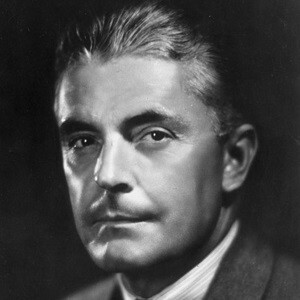
The behaviorist theories they were important because emphasized how an individual's interaction with her environment influences her behavior. Three were the main exponents of these theories: Ivan Pavlov and John B. Watson as forerunners of Classical conditioning, and B.F. Skinner as father of Operant conditioning.
Although both theories are important in the realm of learning, they deal only with observable behaviors. Therefore, development is considered a consequence of rewards (or reinforcements) and punishments, and does not take into account internal thoughts or feelings as they are conceived by cognitive psychologists, but consider them mere attributions to behaviors more difficult to observe than movements.
Would you like to know more about these theories? Here are two links so that you can understand them better:
"Classical conditioning and its most important experiments"
"B. F. Skinner: life and work of a radical behaviorist"
6. Albert Bandura's Social Learning Theory
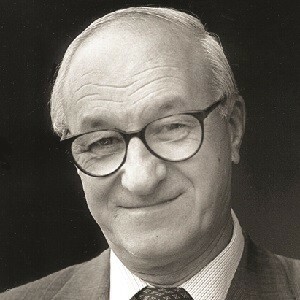
Albert Bandura realized that behaviorist theories did not explain the learning of individuals in its entirety, since they underestimated the social dimension of human behavior and the internal dimension of the subject, reducing it to an association that occurs due to repeated trials. Therefore, he understood that children's learning and development cannot be understood without both components.
In addition to highlighting the importance of expectations and intrinsic reinforcement, such as a feeling of pride, satisfaction and achievement, in the motivation of human beings, in his theory he emphasizes that children learn new behaviors from observing other people. By observing the actions of others, including parents and peers, children develop new skills and acquire new information.
Do not miss the theory of him in full. Below we show you different articles by this Ukrainian-Canadian psychologist that you can read:
"Albert Bandura's Theory of Social Learning"
"Albert Bandura's Self-Efficacy: Do you believe in yourself?"
"Albert Bandura's Personality Theory"
